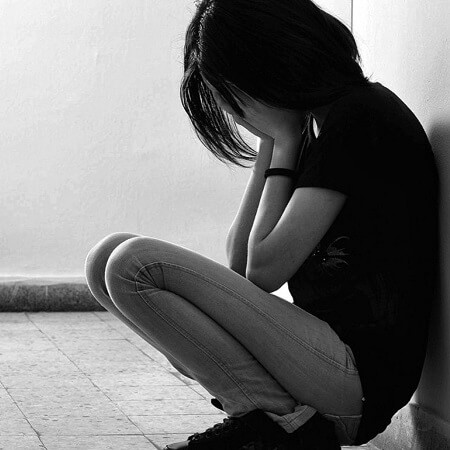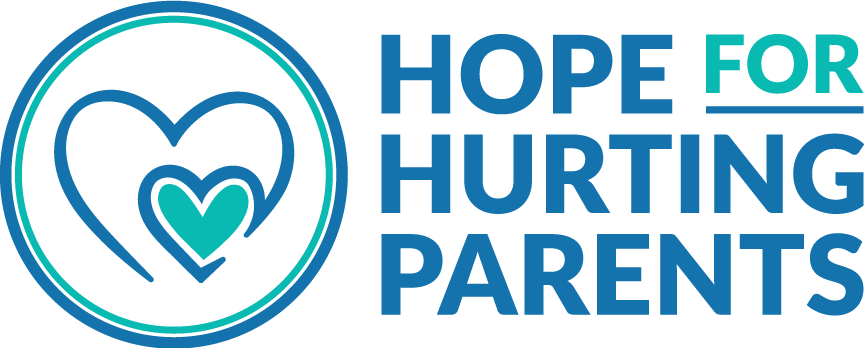“I can’t think straight.”
“I don’t know which way to go.”
“I haven’t got a clue where to find help.”
“I feel so lost.”
Have you said any of these things due to the choices and behaviors of your child? I have. As parents of drug or alcohol addicted sons and daughters we’re shaken. These thoughts and feelings are normal. And when we’re in the midst of the chaos, trying to find what we need feels exponentially more difficult.
of drug or alcohol addicted sons and daughters we’re shaken. These thoughts and feelings are normal. And when we’re in the midst of the chaos, trying to find what we need feels exponentially more difficult.
Across the board we have no idea where to look for help. We’re doing good to remember the basics to get through the day: Get up. Shower. Get dressed. Eat breakfast – after a strong cup of Joe for many of you. Go to work. Try to hold it together all day. Try to concentrate and not offend co-workers by unpredictable responses. Go home. Try not to lash out at loved ones from built up stress. Distract worrisome thoughts until bedtime. Attempt to give spouse or other children attention. Try to sleep and pray not to have another nightmare. Repeat.
One of the goals for my blog is to share resources because I know they’re so hard to find when you’re a wreck. This is another great resource we discovered recently. A fellow journey-er (did I just make up a word?) gave it two thumbs up.
The resource is Don’t Let Your Kids Kill You by Charles Rubin. In his book Rubin interviews parents and draws from his own experience. He’s one of us! Here a few comments from the front and back cover:
“This book defies the myth that parents must sacrifice themselves. Instead, it shows them how to reclaim their power, balance, happiness…and lives!” That’s exactly what we need, right?
“When kids turn to substance abuse, parents also become victims as they watch their children transform into irrational and antisocial individuals. This harrowing scenario finds parents buckling beneath the stress–often with catastrophic consequences: Divorce, career upsets, breakdowns…and worse.
Don’t Let Your Kids Kill You is a landmark work that dares focus on the plight of the confused, distressed parent and not the erring child. It sets aside preconceived ideas that parents are to blame for what is essentially a full-blown global crisis.”
“These are a few quotes I liked from the pages of the book:
Trying to negotiate with an addict never works. The effect of substances on the human brain render it useless in terms of keeping agreements.” (p. 8)
“The first thing you must realize is that the relationship between you and the addict, as strong as it may seem, has in actuality been terminated by whatever substance is in your child’s body.” (p. 9)
“If only I had looked at the series of events leading up to our family tragedy with even a semblance of rational thought or detachment, I could have seen that my perspective was based upon what I wanted for my children, rather than what they were willing to do for themselves.” (p. 46)
“The ultimate goal: learning to support yourself
By joining a support group, the wheels of progress go into motion immediately toward changing destructive patterns in the parent/addict relationship. The main aim…is to help the parent support themselves mentally and emotionally. This isn’t something that happens overnight. Some parents have to sit in support groups for years before bringing any major changes in their lives, while other parents take charge right away.” (p. 134)
 Remember this: You are not alone. God is with you and there are many other parents who have gone before you who can help you along the way.
Remember this: You are not alone. God is with you and there are many other parents who have gone before you who can help you along the way.
I hope you’ll get a copy of this great book. If it helps you, tell someone else about it you think could benefit from reading it, too.
Next Sunday I’ll share another resource with you.
What resources have you found? Please share them in comments so we can help each other. I want to learn all I can from others who understand, don’t you?

0 Comments